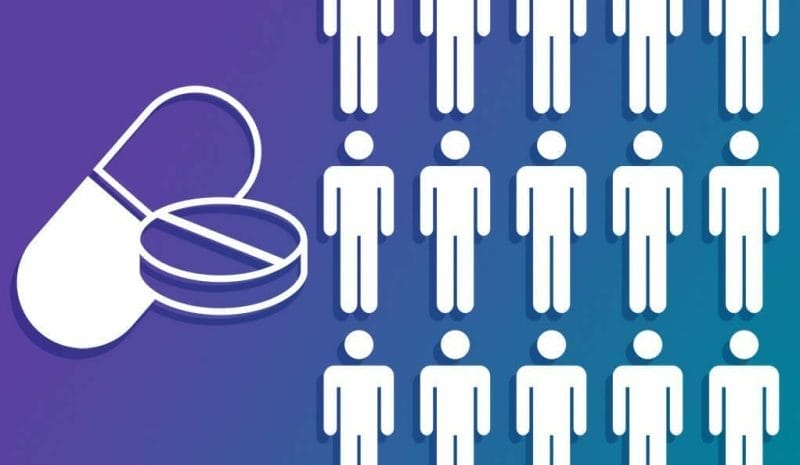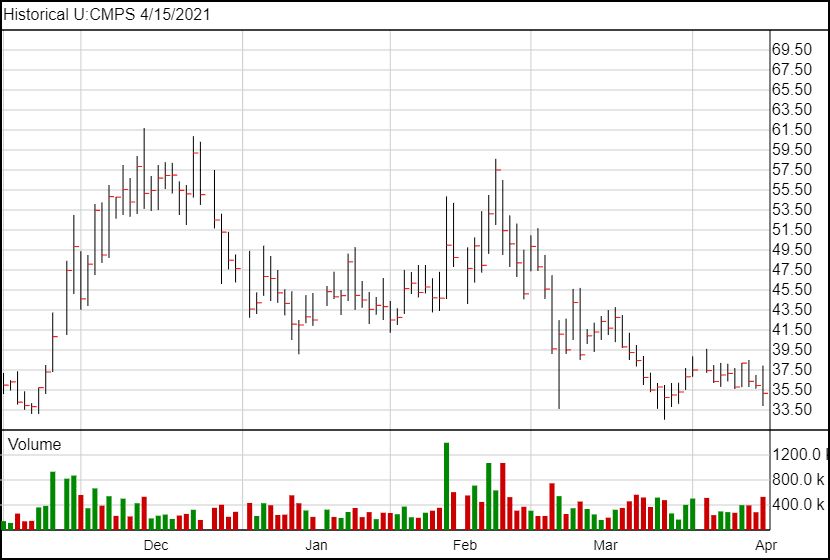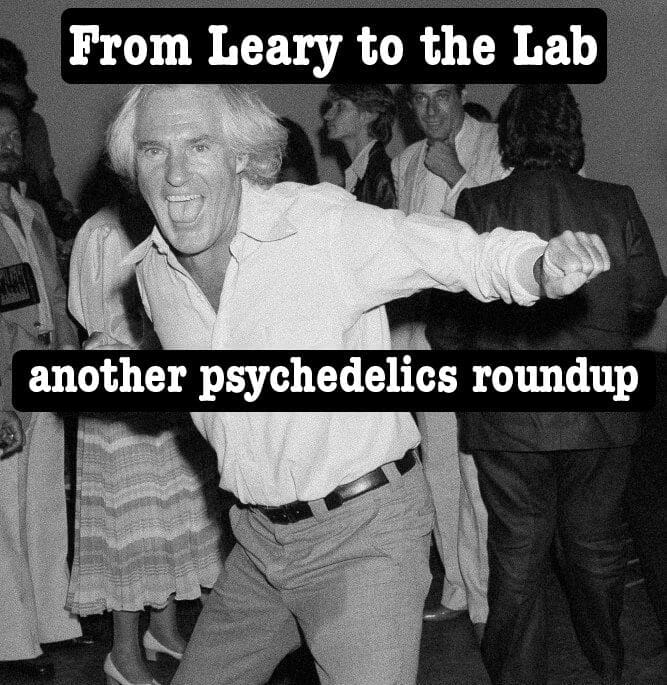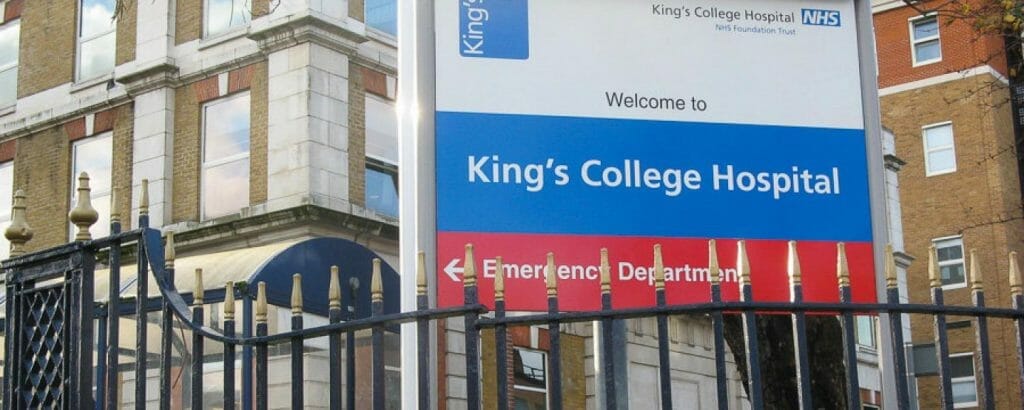A study was published today in the New England Journal of Medicine which tested COMPASS Pathways’ (CMPS.Q) COMP360 psilocybin.
The study is a phase II double-blind, randomized, controlled trial with patients suffering from long-standing, moderate to severe major depressive disorder. The control group was given escitalopram (often known through the brand name Lexapro), a common antidepressant. The study lasted for six weeks.
The primary outcome being measured was a change in the baseline for the patients’ QIDS-SR-16 (16-item quick inventory of depressive symptomology-self report) scores, with 16 other secondary outcomes being measured.
The results were somewhat mixed. On the primary outcome, the two treatments did not show a scientifically significant difference (the p score was p=0.17). On the secondary outcomes, the psilocybin group generally did better, but the researchers stressed these results lacked correction for multiple comparisons and stated that larger and longer trials were needed for better comparisons.
On the trial, COMPASS’s CEO had this to say:
“In a field of research where it is very difficult to separate treatments in head-to-head comparative efficacy trials, this study found signals favouring psilocybin therapy over escitalopram. This is an encouraging investigator-initiated study that supports the need for additional clinical investigations in larger, well-powered studies to more accurately determine the efficacy of COMP360 psilocybin in MDD”, said George Goldsmith, CEO and Co-founder of COMPASS Pathways. “At COMPASS, we are already committed to a full clinical development programme of psilocybin therapy in treatment-resistant depression, and we know there is much more work to be done so that we can bring evidence-based innovation to patients who have run out of options in a number of mental health illnesses.”
Goldsmith is certainly right that it is hard to get significant results for separate treatments in head-to-head studies, although I’m ambivalent about how “encouraging” the results were.
When trying to market psilocybin treatments for depression and anxiety, it is much easier to sell the idea that psilocybin is better at treating depression than conventional methods. Saying “it’s just as good as escitalopram at treating depression, plus it’s better on secondary outcomes too!” is not that convincing. Also, the term ‘signals’ is doing a lot of heavy lifting here.
That being said, a few things do stand out. The psilocybin group started with a mean QIDS-SR-16 score that was nearly 2 points lower than the control group, and still saw a score reduction that was 2 points greater than the control group. Also, the treatment caused a QIDS-SR-16 response in more participants in the psilocybin group than in the control group.
Longer and larger studies are certainly needed.
Following the new release, COMPASS Pathways’ share price fell 79 cents to $35.16.








